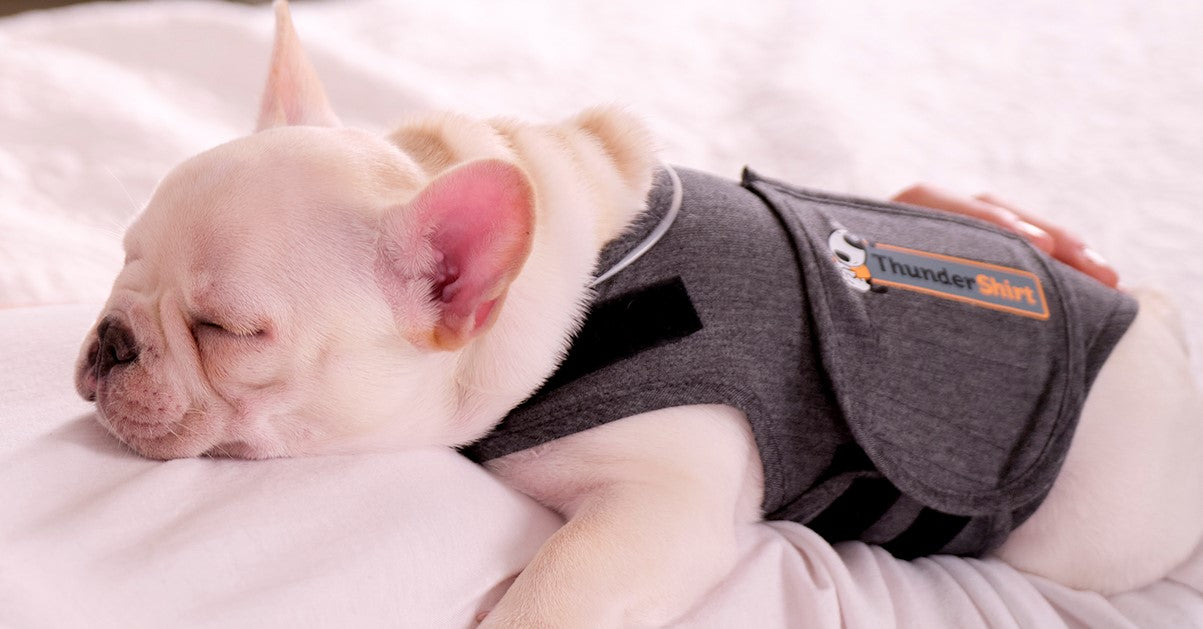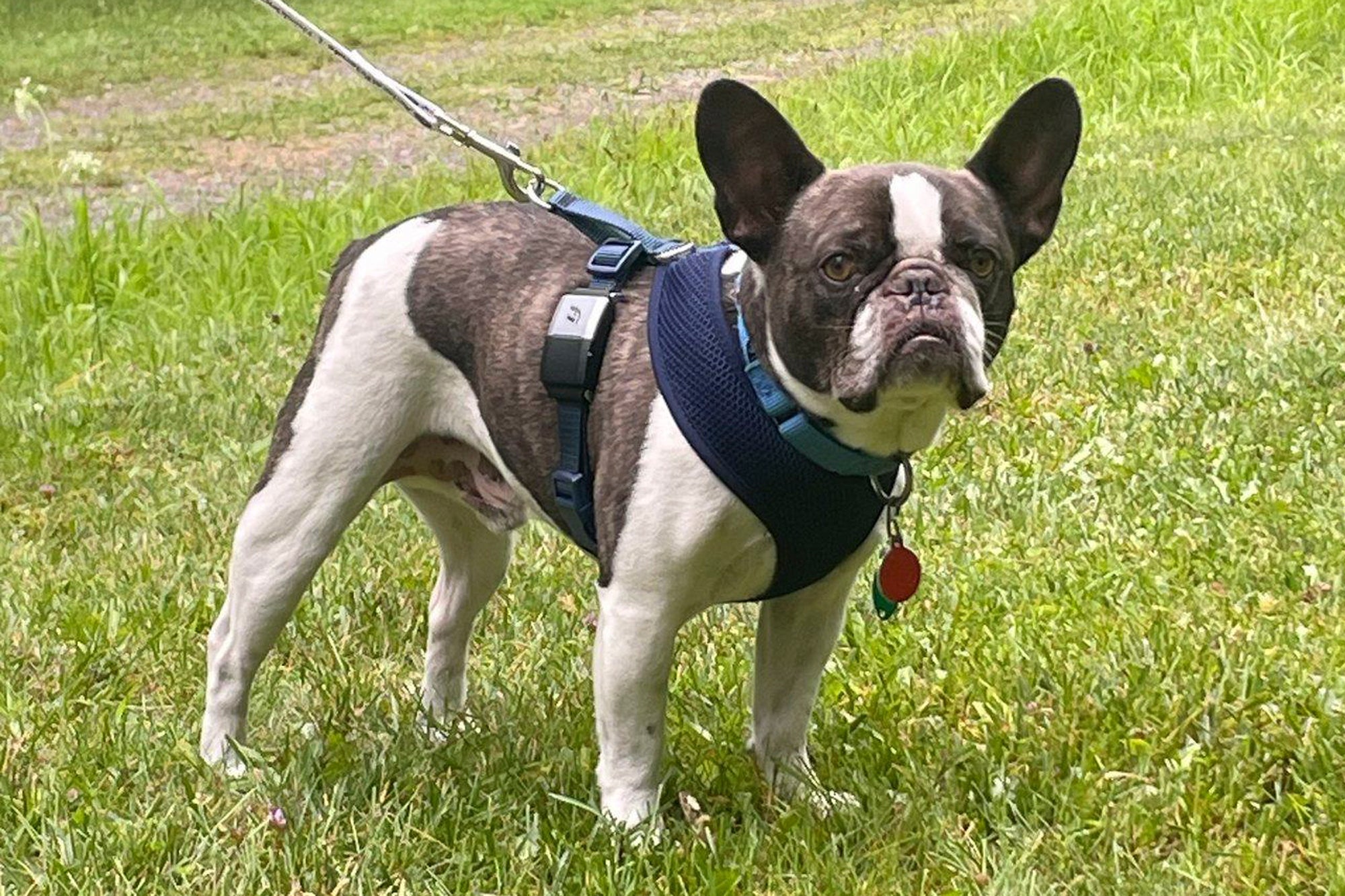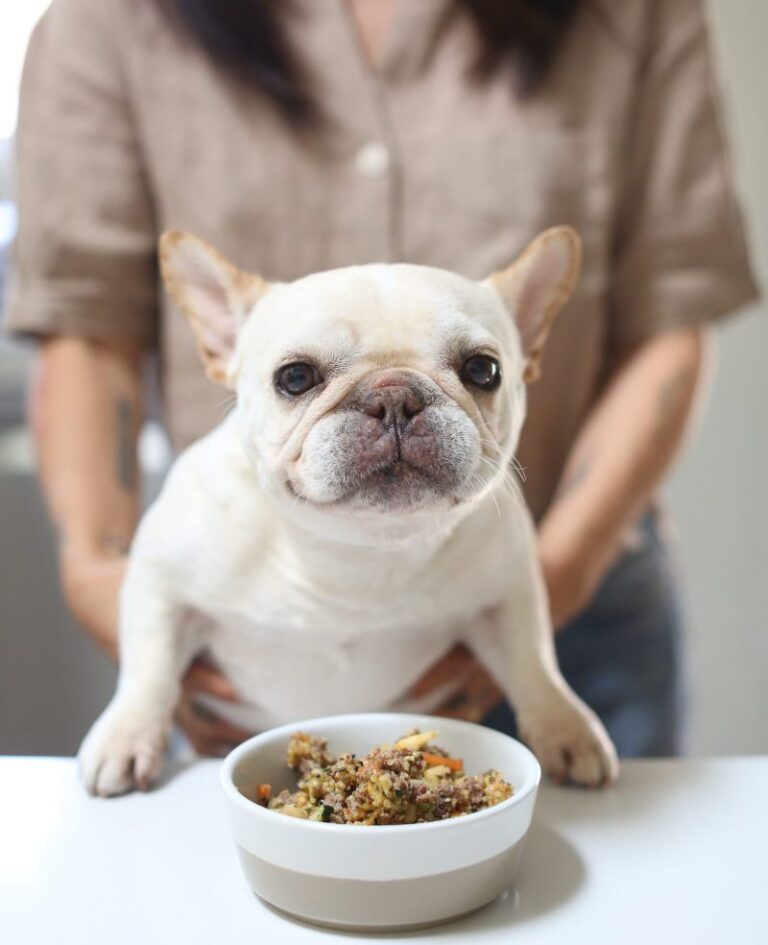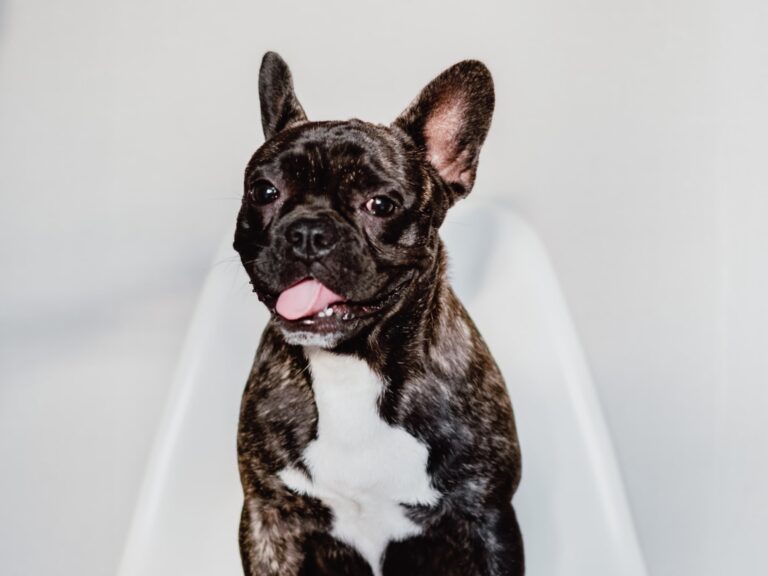How Long Can a French Bulldog Be Left Alone: Expert Advice
Contents1 Understanding French Bulldogs2 Ideal Time Alone For French Bulldogs3 Preparing Your French Bulldog For Alone Time3.1 Establishing A Routine3.2 Creating A…
Contents
It is generally safe to leave a French Bulldog alone for 4-8 hours at a time, as long as their needs are met. French Bulldogs are affectionate and sociable dogs that require attention and interaction.
They may experience separation anxiety if left alone for extended periods. To ensure their well-being, provide mental stimulation, appropriate exercise, and a comfortable environment. Consider hiring a dog walker or using a dog daycare if you anticipate being away for more than 8 hours.
Training and gradually increasing alone time can also help them adjust. Keeping them company using technology, such as pet cameras and interactive toys, can ease their loneliness. Understanding their individual needs and behavior is essential for determining the ideal alone time for your French Bulldog.
Understanding French Bulldogs
French Bulldogs have a medium energy level and can handle being alone for a few hours. It’s crucial to gradually train them for alone time to prevent separation anxiety. Their affectionate nature and adaptability make them well-suited for various home environments. French Bulldogs are known for their friendly and companionable traits.
Originally bred for lap dog companionship, they thrive in human company. This breed’s compact size and easy-going nature make them suitable for apartment living. Understanding their history and characteristics is vital for providing the optimal environment for a French Bulldog’s well-being.

Credit: thundershirt.com
Ideal Time Alone For French Bulldogs
French Bulldogs can handle being alone for up to 4-8 hours due to their independent nature. Factors that affect this include age, health, and training. Puppies should not be left alone for more than 2-3 hours as they need more attention and bathroom breaks. Adult dogs can withstand longer periods, but should still have regular potty breaks and mental stimulation. If left alone for extended periods, consider a dog sitter or walker to ensure their well-being.
Preparing Your French Bulldog For Alone Time
Ensure your French Bulldog is well-prepared for alone time. Discover the ideal duration they can be left alone without any worries.
Establishing A Routine
When leaving your French Bulldog alone, it is crucial to establish a consistent routine. This will help them feel secure and confident, reducing anxiety and stress when you’re not around. Set a specific time for daily activities such as feeding, walking, and playtime. Stick to the schedule, and ensure it remains unchanged even on weekends or holidays.
Use positive reinforcement techniques during these scheduled activities to develop a positive association with alone time. This can involve treats or praise when your Frenchie engages in independent play or stays calm during your absence.
Creating A Comfortable Environment
Prepare a cozy and safe space for your French Bulldog to spend their alone time. Ensure they have access to fresh water, a comfortable bed, and toys to keep them entertained. Consider using interactive puzzle toys or treat-dispensing toys to mentally stimulate them while you’re away.
Provide a designated potty area indoors or outdoors, depending on your dog’s training. Use pee pads or a litter box as appropriate. Remember to clean the area regularly, as a clean environment promotes a healthy and stress-free experience for your Frenchie.

Credit: www.akc.org
Signs Of Separation Anxiety
Common Symptoms: Whining, barking, destructive behavior, excessive salivation.
Pacing, urinating or defecating indoors, constant following.
How to Address Separation Anxiety: Gradual desensitization, leaving toys or a comforting item, creating a safe space.
Alternatives To Leaving Your French
Bulldog Alone
Avoid leaving your French Bulldog alone for more than 4-6 hours. Consider dog sitters, daycare, or interactive toys to keep them company. Remember, their well-being is a top priority.
| Doggy Daycare and Pet Sitters: Hiring professionals can provide companionship and care for your Frenchie. |
| Interactive Toys and Treats: Keeping your French Bulldog entertained can prevent loneliness and boredom. |

Credit: www.independent.co.uk
Frequently Asked Questions On How Long
Can A French Bulldog Be Left Alone
Can French Bulldogs Be Left Alone All Day?
Yes, French bulldogs can be left alone all day if trained and provided with adequate exercise, food, and water. They are generally independent and can handle being alone for a few hours. However, leaving them alone for extended periods can lead to separation anxiety and behavioral issues.
What Dog Can Be Left Alone For 8 Hours?
A well-trained adult dog, like a Basset Hound or a Chihuahua, can be left alone for up to 8 hours without any issues. Make sure they have access to water, food, and a comfortable space to rest. Remember to give them enough exercise and mental stimulation before and after being alone.
How Long Can A French Bulldog Stay In A Crate?
A French bulldog can stay in a crate for up to 4-6 hours, depending on age and training. Regular bathroom breaks should be provided.
Can Frenchies Be Independent?
Yes, Frenchies can be independent but they also enjoy companionship. Although they have a stubborn streak, French Bulldogs are affectionate and loyal pets.
Conclusion
Leaving a French Bulldog alone for extended periods can be distressing for both the dog and its owner. It is essential to consider the breed’s specific needs and make arrangements accordingly. While each individual dog is unique, generally, French Bulldogs don’t handle being alone for long periods very well.
They thrive on companionship and require regular social interaction and mental stimulation. It is crucial to ensure their well-being by providing them with proper care and attention.





